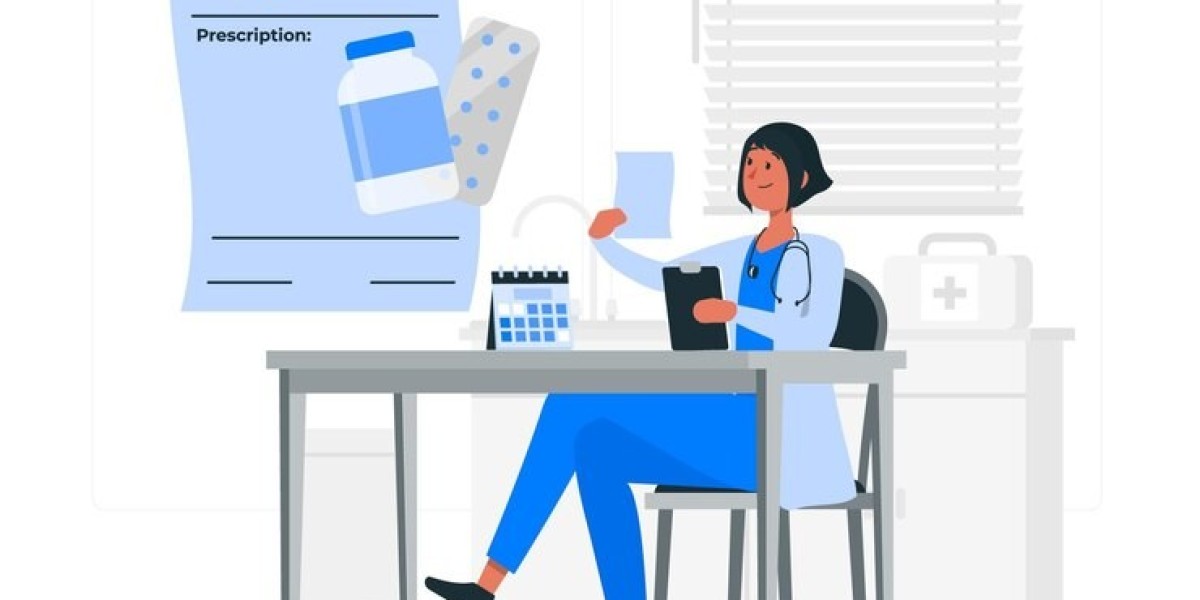Navigating the mortgage landscape as a self-employed individual in Ontario can be a complex and daunting task. Unlike salaried employees, self-employed individuals often face unique challenges when trying to secure a mortgage due to the variability of income, differing documentation requirements, and the need to present a comprehensive financial picture to lenders. This guide aims to provide a detailed, insightful, and unique overview of self-employed mortgages Ontario, covering everything from eligibility criteria to application processes, and answering common questions along the way.
Understanding Self-Employed Mortgages in Ontario
Self-employed mortgages in Ontario are specialized financial products designed to accommodate individuals who run their own businesses or work freelance, contract, or part-time jobs. These individuals typically do not have a fixed salary but earn income that fluctuates over time, making traditional lenders cautious about lending to them without thorough financial verification.
In Ontario, the real estate market is vibrant and competitive, with property prices often surpassing the national average. For self-employed individuals, securing a mortgage in such an environment requires a clear understanding of the unique considerations involved and the strategies to improve mortgage eligibility.
Why Is Getting a Mortgage as a Self-Employed Person Different?
The primary difference between self-employed mortgages and traditional employee mortgages lies in income verification. Lenders prefer predictable and verifiable income streams. For salaried employees, pay stubs, T4 slips, and employment letters suffice. However, self-employed individuals must often provide more extensive documentation, such as:
- Business financial statements
- Tax returns (notably the T1 General and T1 Summary)
- Notice of Assessment from the Canada Revenue Agency (CRA)
- Bank statements showing income deposits
- A detailed explanation of the nature of their business
Furthermore, lenders may apply different stress tests or require larger down payments to mitigate perceived risks associated with variable income.
Eligibility Criteria for Self-Employed Mortgages in Ontario
While eligibility criteria can vary depending on the lender and specific circumstances, general requirements include:
- Proof of Income: Typically, two to three years of consistent income documentation. Some lenders may accept one year if accompanied by strong financials.
- Credit Score: A minimum credit score of around 620 is often required, but higher scores improve approval chances and better interest rates.
- Down Payment: A minimum of 5% for properties under $500,000, with higher deposits recommended for larger amounts or higher-risk profiles.
- Debt-to-Income Ratio: Usually, lenders prefer a debt-to-income ratio below 40-44%, including the new mortgage payments.
- Business Stability: Evidence of stable or increasing income, along with a healthy business history.
The Application Process for Self-Employed Mortgages in Ontario
Applying for a self-employed mortgage involves several steps:
- Assess Financial Health: Gather all relevant documents—tax returns, financial statements, bank statements, and notices of assessment.
- Pre-Approval: Seek pre-approval from lenders or mortgage brokers to understand your borrowing capacity.
- Mortgage Shopping: Compare offers from different lenders, considering interest rates, terms, and flexibility.
- Submit Application: Provide comprehensive documentation, including proof of income, identification, and property details.
- Processing and Approval: The lender assesses your financials, creditworthiness, and property value.
- Mortgage Offer and Signing: Upon approval, review the mortgage agreement carefully before signing.
- Funding and Closing: Finalize the purchase, pay closing costs, and complete legal requirements to take possession.
Challenges Faced by Self-Employed Borrowers in Ontario
Self-employed individuals often encounter specific hurdles, including:
- Income Variability: Fluctuating income levels can lead to difficulty in demonstrating consistent affordability.
- Limited Documentation: Some self-employed individuals may not keep detailed records, complicating the verification process.
- Lower Credit Scores: Financial instability or inconsistent payments can impact credit scores.
- Higher Down Payments: Lenders may require larger down payments to offset perceived risks.
- Longer Approval Times: The extensive documentation and assessments can prolong the approval process.
Costs Associated with Self-Employed Mortgages
Beyond the principal and interest, several costs are associated with obtaining a mortgage in Ontario:
- Down Payment: Percentage of the property price paid upfront.
- Mortgage Insurance: Required for down payments less than 20%, adding to monthly costs.
- Legal and Closing Costs: Lawyer fees, title insurance, registration fees, and appraisal costs.
- Mortgage Default Insurance: Protects lenders; premiums are added to the mortgage amount.
- Interest Payments: The cost of borrowing, influenced by the interest rate and mortgage term.
- Property Taxes and Maintenance: Ongoing costs of property ownership.
Understanding these costs helps self-employed borrowers budget effectively and avoid surprises during the home buying process.
Second Mortgages Available in Ontario
If you're a homeowner in Ontario and considering additional financing options, a second mortgage might be an effective solution to meet your financial goals. Whether you're looking to fund home renovations, consolidate debt, cover education expenses, or manage unexpected costs, understanding the ins and outs of second mortgages is essential. This comprehensive guide provides a deep dive into second mortgages in Ontario, covering what they are, how they work, eligibility requirements, application processes, advantages, disadvantages, and frequently asked questions.
What Is a Second Mortgage?
A second mortgage is a form of subordinate loan secured against the same property you already own, in addition to your primary mortgage (the first mortgage). Essentially, it acts as a secondary loan that allows you to borrow against the equity built up in your home.
Unlike your original mortgage that typically has priority in case of foreclosure, a second mortgage ranks second in line for repayment if you default. Because of the increased risk, second mortgages often come with higher interest rates compared to first mortgages.
In Ontario's real estate market, second mortgages are popular among homeowners seeking quick access to cash without selling their property or refinancing their primary mortgage entirely.
FAQs about Self-Employed Mortgages in Ontario
Q1: Can I get a mortgage in Ontario if I am self-employed?
Yes, self-employed individuals can secure mortgages in Ontario, but they may face stricter requirements and need to provide detailed financial documentation.
Q2: What documents are required to qualify for a self-employed mortgage?
Typically, two to three years of tax returns, Notices of Assessment, financial statements, bank statements, and proof of business stability are required.
Q3: Is it easier to get a mortgage if I have been self-employed for a long time?
Generally, yes. Longer periods of stable self-employment demonstrate reliability and can facilitate approval.
Q4: What is the typical down payment for a self-employed mortgage in Ontario?
A minimum of 5% is required for properties under $500,000, but higher down payments are advantageous, especially in competitive markets.
Q5: Are interest rates higher for self-employed borrowers?
Not necessarily, but some lenders may charge higher rates or require larger down payments due to perceived risks.
Q6: How long does the mortgage approval process take for self-employed individuals?
It can take anywhere from a few weeks to over a month, depending on the completeness of documentation and lender processing times.
Q7: Can I get a mortgage with a poor credit score as a self-employed person?
It’s possible, but it may require working with alternative lenders, offering a larger down payment, or providing additional financial evidence.
Q8: Are there special mortgage programs for self-employed in Ontario?
While there are no specific government programs solely for self-employed individuals, some lenders offer specialized products or flexible qualification criteria.
Conclusion
Securing a self-employed mortgage in Ontario involves understanding the unique challenges and opportunities of your financial profile. With proper preparation, thorough documentation, and the right guidance—preferably from experienced mortgage brokers—self-employed individuals can successfully navigate the mortgage process and realize their homeownership dreams. Staying informed about the requirements, maintaining good financial health, and exploring diverse lending options are key strategies to unlocking the door to your new home in Ontario.
Remember, while the process may seem complex, perseverance and professional advice can make the journey smoother and more rewarding. The Ontario real estate market offers abundant opportunities for self-employed buyers willing to navigate its nuances with knowledge and confidence.







